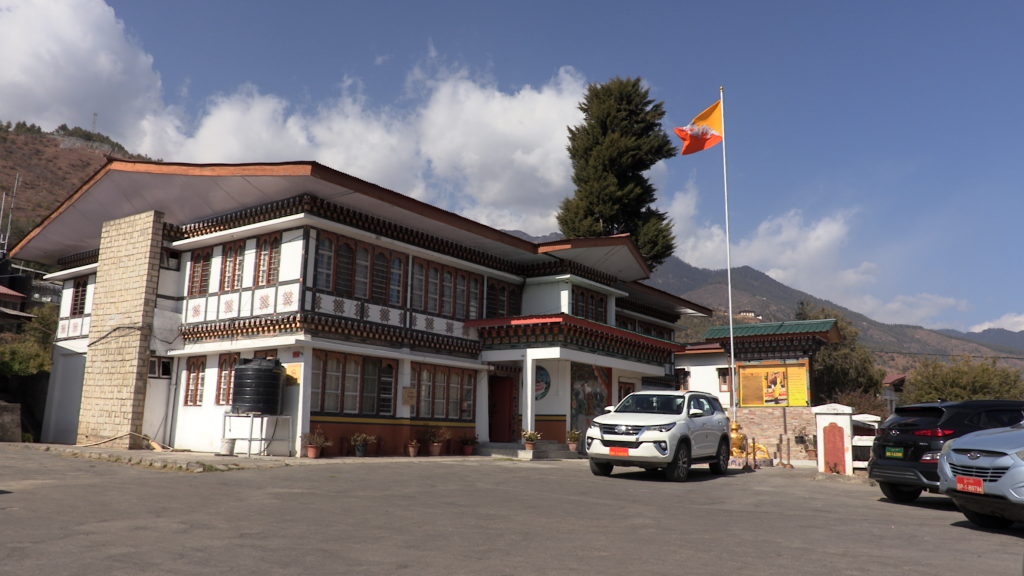……1219 students failed in Dzongkha while 522 students in English- pupil performance report 2022
By Sangay Dorji & Dechen Wangda
When “passed” in Dzongkha subject was made mandatory for Students of classes preprimary (PP) to XII in order to be promoted to a higher grades during 18th National Education Conference (NEC), it garnered much attention as most students viewed the subject to be difficult.
Even after five years of its implementation the policy seems to have failed to achieve its objectives to promote Dzongkha subject among the students.
As per pupil performance report 2022 published by Bhutan Council for School Examinations and Assessment (BCSEA) saw a significant number of students who were unsuccessful after failing in compulsory subjects that is Dzongkha and English. 1219 students failed in Dzongkha while 522 students in english. Although the change in Assessment Structure that is “A candidate must pass both in continuous assessment (CA) and Theory to pass in the subject” may be the reason cited the ground realities says otherwise.
Yangden Tshomo, lecturer in Sherubtse College of Education said that Dzongkha is hard to learn compared to English as multiple words have same pronunciations. She said, “For example there are 4 to 5 words which has same pronunciation but has different meanings and spelling which easily confuses the students.”
She further said, “If we see our education curriculum we barely have two subjects which are taught in Dzongkha and rest are in English which ultimately undermine the importance of dzongkha subject thus the subject is sidelined over other subjects.”
“We cannot expect the standard of Dzongkha to be the same as English when english is the dominant instructional language,” she added
Resonating with her Tshering Duba, a class Xii students from Pelkhil School said, “I feel much comfortable reading english contents in social media and newspapers whereby it feels harder to read dzongkha contents and I tend to ignore it too. Even in the classes due to spelling and pronunciation, learning dzongkha feels harder compared to English.”
Lobzang Dolma, a recent graduate said, “Nowadays parents mostly speak english and kids too learn quickly from this and neglect dzongkha language. Moreover kids nowadays are handed over with mobile phones and ipads where they only get to hear and see english and they too get comfortable speaking the language rather than dzongkha, our national language.”
According to Education Minister Jai Bir Rai, the education system in Bhutan has good curriculum and teaching pedagogy. Thus, only educators and parents can bring change to fulfill the objective of promoting dzongkha subject among students.
He said, “When our Dzongkha teacher teaches in the classes, the teacher needs to take in account the capability, respectability and regionalism of the students. The teacher shouldn’t generalize the whole class to know Dzongkha at same level. Some maybe too good while other maybe average and few below average.”
“The class comprises of different students from different region who mostly speaks their native language thus, it’s the responsibility of educator to customise and come up with plans to teach the students to make learning fruitful,” he added.
This issue is not new for Dzongkha Development Commission (DDC) as well, it has been prevailing since long time back. DDC has also been attempting to promote dzongkha. They have tried to initiate many ways to do so, one of the initiatives was setting up the Dzongkha Standard Testing System- Dzongjug which is a simple assessment tool to test speaking, writing, listening and reading dzongkha skills. It is an effort to bring a solution to the issue. Regardless of addressing the issue for so many times the problem remains unsolved.
However, politicians have proven to be fast dzongkha learners at the least spoken which they are mandated to speak in Dzongkhag-national language in the parliament. This could be the tipping point on how national language could be promoted and dzongkhag learning made purposeful.
 BHUTAN TODAY The New Perspective
BHUTAN TODAY The New Perspective

